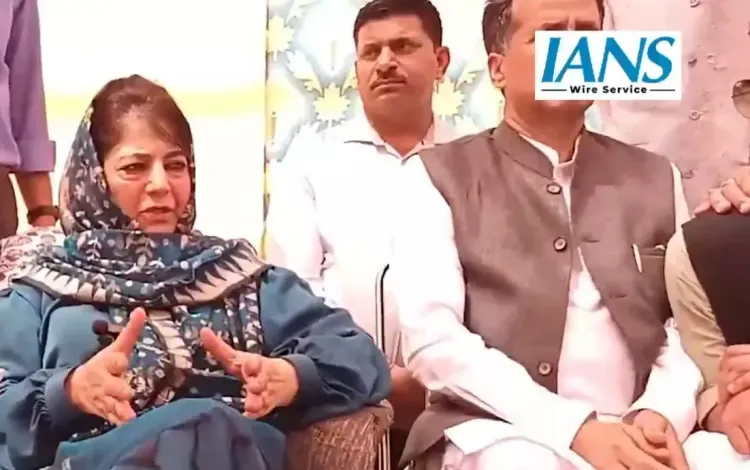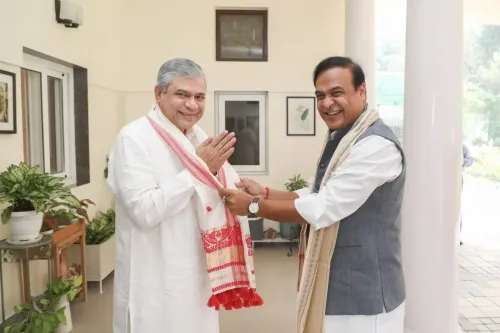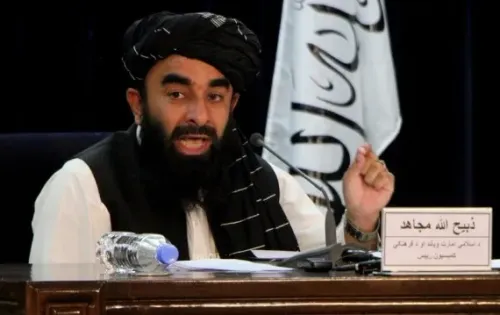Mehbooba Mufti: No Distinction Between L-G and NC Governance

Synopsis
Key Takeaways
- Mehbooba Mufti criticizes L-G and NC for lack of difference.
- Promises made by NC remain unfulfilled, affecting locals.
- Concerns raised over the Waqf Act and its implications.
- Political tensions escalate with opposition reactions.
- Continued hardships for residents post-October 2024 elections.
Rajouri (Jammu and Kashmir), April 20 (NationPress) PDP President and former J&K Chief Minister Mehbooba Mufti criticized the National Conference government on Sunday, indicating that there is virtually no distinction between the administration led by L-G Manoj Sinha and the popular government of Omar Abdullah, as the populace continues to endure hardships akin to those before the October 2024 elections.
“NC had promised the sky to the people. They claimed they would offer 12 free gas cylinders, 200 free units of electricity, and numerous job opportunities for the unemployed,” stated Mehbooba Mufti.
Despite these promises, local government employees are still being dismissed, and security agencies continue their operations against locals, she added.
“Many individuals have been apprehended, and passports are being intentionally withheld from the residents. Although Omar Abdullah is at the helm of a popular government, it hardly appears so. There seems to be no difference between the rule of L-G and that of NC in Kashmir,” asserted the PDP chief.
In response to the Waqf Act, Mehbooba Mufti mentioned that since J&K is a Muslim-majority region, the Assembly should have taken a stand against the Act.
“We regret that crucial issues have surfaced, and the Waqf Act is particularly significant. We anticipated that, being a Muslim-majority state, our Assembly would be the first to pass a resolution against this bill. I am deeply disappointed by the sight of Farooq Abdullah and Omar Abdullah walking alongside the minister who introduced the bill instead of opposing it,” she expressed.
On April 7, Chief Minister Omar Abdullah and Union Minority Affairs Minister Kiren Rijiju convened at Asia’s largest Tulip Garden following the Waqf Bill's passage by both Houses of Parliament.
This meeting sparked a political controversy, with opposition parties labeling it as “Waqf law bonhomie.”
Omar Abdullah was accompanied by his father, former Chief Minister Farooq Abdullah, who had hoped to visit the Tulip Garden, which was in full bloom at that time.









